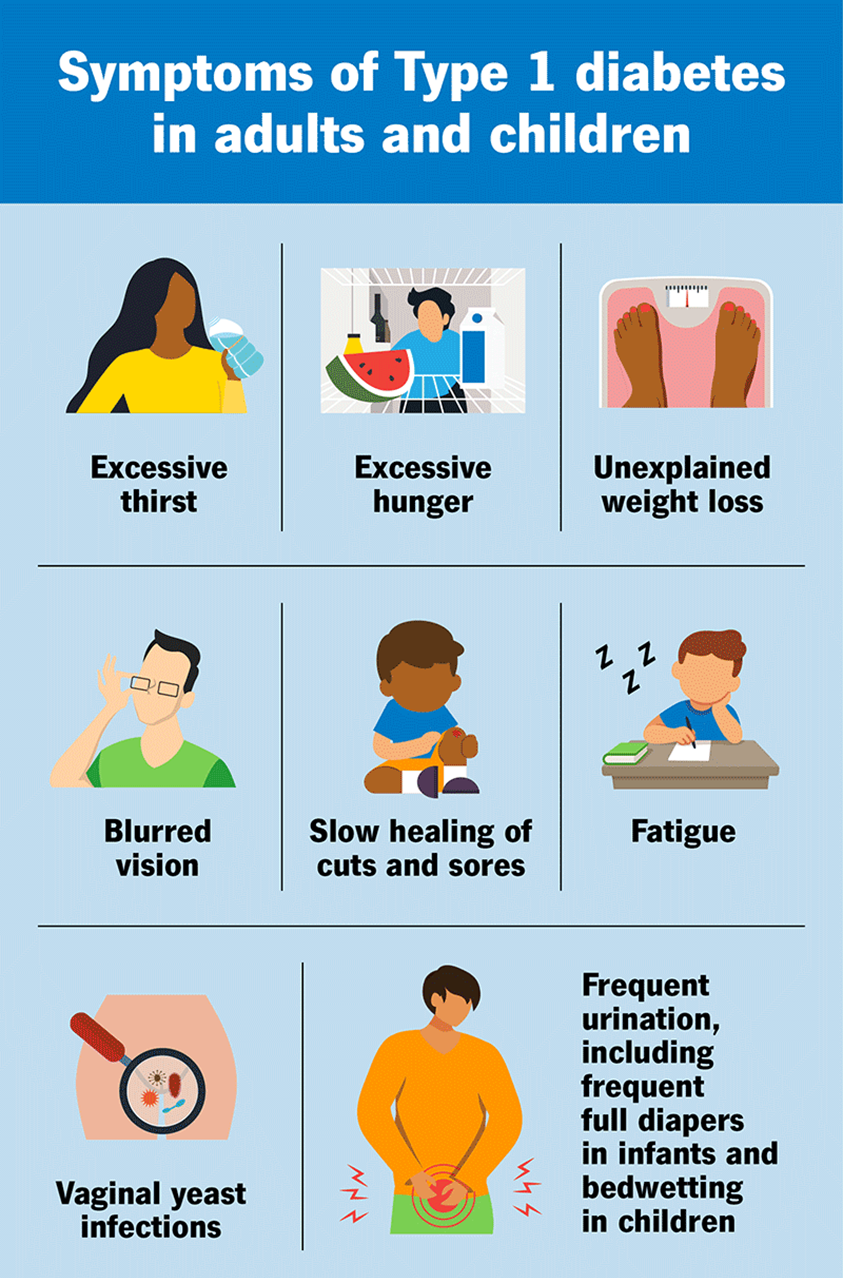A nurse is providing education to a client who has hypoglycemia. Which of the following information should the nurse include about the regulation of blood glucose levels?
The adrenal glands release epinephrine and norepinephrine to respond to low blood glucose.
The liver releases glucagon to regulate blood glucose levels.
Glycogenesis occurs in the pancreas when blood glucose levels fall.
The brain uses protein for energy if glucose levels fall too low.
The Correct Answer is A
Choice A Reason:
The adrenal glands play a crucial role in responding to low blood glucose levels by releasing epinephrine (adrenaline) and norepinephrine. These hormones help to increase blood glucose levels by stimulating glycogenolysis (the breakdown of glycogen to glucose) and gluconeogenesis (the production of glucose from non-carbohydrate sources) in the liver. This response is part of the body’s fight-or-flight mechanism, which ensures that sufficient glucose is available for immediate energy needs.
Choice B Reason:
The liver does not release glucagon; rather, it responds to glucagon, which is released by the pancreas. Glucagon stimulates the liver to convert stored glycogen into glucose (glycogenolysis) and to produce glucose from non-carbohydrate sources (gluconeogenesis). This process helps to raise blood glucose levels when they are low.
Choice C Reason:
Glycogenesis is the process of converting glucose into glycogen for storage, and it occurs primarily in the liver and muscle cells, not in the pancreas. The pancreas releases insulin to promote glycogenesis when blood glucose levels are high, but it does not perform glycogenesis itself.
Choice D Reason:
The brain primarily uses glucose for energy and does not switch to using protein unless glucose levels are extremely low and prolonged. In such cases, the brain can use ketone bodies derived from fat as an alternative energy source. Protein is not a primary energy source for the brain under normal conditions.
Nursing Test Bank
Naxlex Comprehensive Predictor Exams
Related Questions
Correct Answer is A
Explanation
Choice A Reason:
Insulin is stable at room temperature (between 59°F and 86°F) for up to one month. This is important for patients to know, especially if they do not have immediate access to refrigeration. However, it is crucial to avoid exposing insulin to extreme temperatures, such as direct sunlight or freezing conditions, as these can degrade the medication’s effectiveness.

Choice B Reason:
While some types of insulin can be mixed in the same syringe, this practice is not universally applicable to all insulin types. For example, rapid-acting and intermediate-acting insulins can sometimes be mixed, but long-acting insulins should not be mixed with other insulins. Therefore, this statement is not entirely accurate and should be clarified based on the specific types of insulin being used.
Choice C Reason:
Storing insulin in the freezer is not recommended as freezing can damage the insulin, rendering it ineffective. Insulin should be stored in a refrigerator at temperatures between 36°F and 46°F. If insulin is accidentally frozen, it should not be used.
Choice D Reason:
While it is advisable for clients with type 1 diabetes to have backup medication and supplies, storing them in a car is not recommended due to the potential for extreme temperature fluctuations. Insulin and other diabetes supplies should be kept in a stable, controlled environment to ensure their efficacy.
Correct Answer is D
Explanation
Choice A Reason:
Decreasing activity is not recommended for managing peripheral venous disease. Regular physical activity, such as walking, helps improve blood circulation and can reduce symptoms. Inactivity can lead to worsening of the condition and increase the risk of complications.
Choice B Reason:
Massaging the legs frequently is not typically recommended for preventing fluid buildup in peripheral venous disease. Instead, compression therapy, such as wearing compression stockings, is more effective in managing symptoms and preventing fluid accumulation.
Choice C Reason:
Keeping the legs in a dependent position (hanging down) can worsen symptoms of peripheral venous disease. Elevating the legs above heart level helps reduce swelling and improve blood flow, which is beneficial for managing the condition.
Choice D Reason:
Inspecting the legs daily for changes in color, size, and temperature is crucial for managing peripheral venous disease. This practice helps in early detection of complications such as infections, ulcers, or worsening of the condition, allowing for timely medical intervention.
Whether you are a student looking to ace your exams or a practicing nurse seeking to enhance your expertise , our nursing education contents will empower you with the confidence and competence to make a difference in the lives of patients and become a respected leader in the healthcare field.
Visit Naxlex, invest in your future and unlock endless possibilities with our unparalleled nursing education contents today
Report Wrong Answer on the Current Question
Do you disagree with the answer? If yes, what is your expected answer? Explain.
Kindly be descriptive with the issue you are facing.
